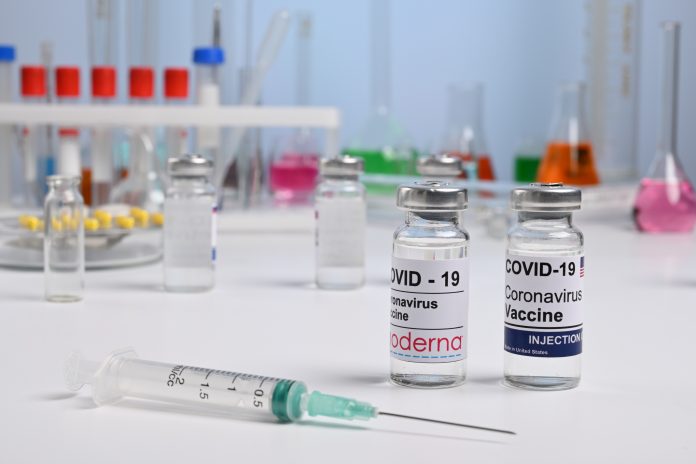While mRNA is now well-connected to Pfizer or Moderna, saRNA is a more obscure, early-stage vaccine technology – now, scientists in the UK have data suggesting that saRNA COVID vaccines could work well for most people
A team of researchers at Imperial College London are trying to establish how well saRNA vaccines can work against COVID – especially as booster shots over the next ten years. Currently, the world has unequal access to vaccines, meaning that new and powerful variants will continue to mutate until all countries are majority-double dosed.
In this study, they looked at the impact of a different vaccine tech in 192 people, aged between 18-45. They found that 87% of the group created a strong antibody response when given saRNA.
What are saRNA vaccines?
Self-amplifying RNA has a similar technology to messenger RNA vaccines, like Pfizer and Moderna. The saRNA strategy is to send spike protein making instructions to the immune system, which then creates the spike found in the virus. The immune system identifies the spike as a huge danger, then creates antibodies to counteract it.
The technology uses genetic code called self-amplifying RNA (saRNA). This genetic information holds instructions to make a protein found on the outside of the coronavirus, called the spike protein.
Are saRNA COVID vaccines different to mRNA ones?
Yes. In one important way – dosage.
SaRNA COVID vaccines can be given in smaller amounts, so can cover larger populations with less vaccine.
The ultra-low dose saRNA technology has the potential to protect against a variety of other infectious diseases, such as rabies and Ebola. Interestingly, researchers also believe it could be developed to treat other conditions like cancer.
What about saRNA side effects?
Low. Same as the easier side effects for other vaccines.
So far, the study is in early stages and yet to be confirmed by peer review. The pre-print suggests that side effects were low, with the most common being chills and muscle ache, and there were no allergic reactions. However, the study upper limit was age 45 – meaning that the reaction of the older, more vulnerable population is unknown.
Professor Robin Shattock commented: “Global demand for COVID-19 vaccines will remain high in the coming decade, given the emergence of lethal SARS-CoV-2 escape-variants, and expected requirement for booster vaccination. We have shown the saRNA technology is safe and can generate an immune response.
“We are now refining the Imperial saRNA platform to develop vaccines for a variety of other infectious diseases.”











